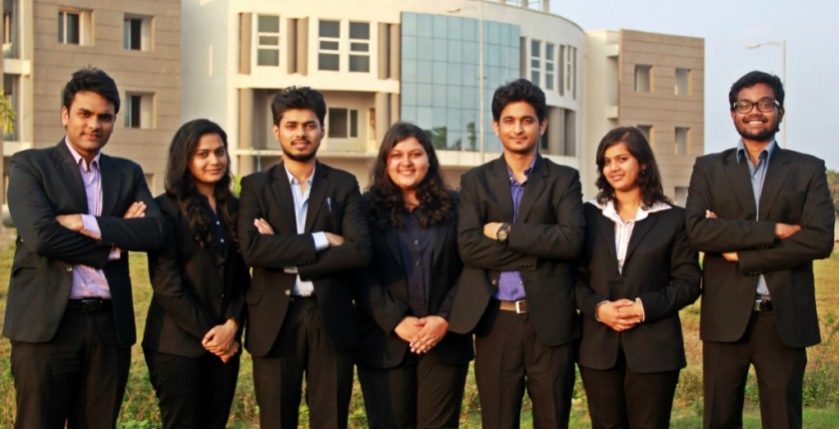The Consortium of National Law Universities (CNLU) is a governing body established to streamline the admissions process and enhance legal education across India. Formed in 2017, the consortium comprises 24 National Law Universities (NLUs) that collaborate to conduct the Common Law Admission Test (CLAT), a standardized entrance exam for undergraduate (UG) and postgraduate (PG) law programs.
Purpose and Objectives
The primary aim of the consortium is to promote cooperation among NLUs and maintain uniform standards in legal education. Key objectives include:
- Conducting CLAT: Ensuring a transparent and efficient admissions process.
- Curriculum Development: Standardizing academic content across member universities.
- Policy Formulation: Advising on legal education reforms and policies.
- Faculty Development: Organizing workshops and training for law faculty.
Member NLUs
The consortium includes prestigious institutions such as:
- National Law School of India University (NLSIU), Bangalore
- NALSAR University of Law, Hyderabad
- National Law University, Delhi (NLU Delhi) (though it conducts a separate entrance test).
- West Bengal National University of Juridical Sciences (WBNUJS), Kolkata
Each member institution brings unique strengths and expertise, contributing to the overall mission of the consortium.
Common Law Admission Test (CLAT)
CLAT is the flagship exam conducted by the consortium. It assesses candidates on subjects like:
- English comprehension
- Legal aptitude
- Logical reasoning
- General knowledge and current affairs
The exam is held annually, and its results determine admissions to UG and PG law programs across participating NLUs. Recent updates include the introduction of subjective questions for the postgraduate exam and changes in the examination pattern to make it more analytical.
Initiatives and Reforms
In recent years, the consortium has introduced several initiatives:
- Online Applications: Streamlining the application process through a centralized portal.
- Accessibility Measures: Providing special accommodations for differently-abled candidates.
- Research and Development: Encouraging academic research and collaboration among NLUs.
The consortium also plays a significant role in advocating for legal education reforms, ensuring that law graduates are equipped to meet global challenges.
Challenges and Future Prospects
While the consortium has made significant progress, challenges remain, such as ensuring equal representation and access for students from diverse backgrounds. Future plans include expanding membership to include more law universities and enhancing the quality of legal education through innovation and technology.
Conclusion
The Consortium of NLUs is pivotal in shaping the future of legal education in India. By fostering collaboration among premier law institutions and maintaining high standards, it aims to produce skilled legal professionals ready to contribute to society.
